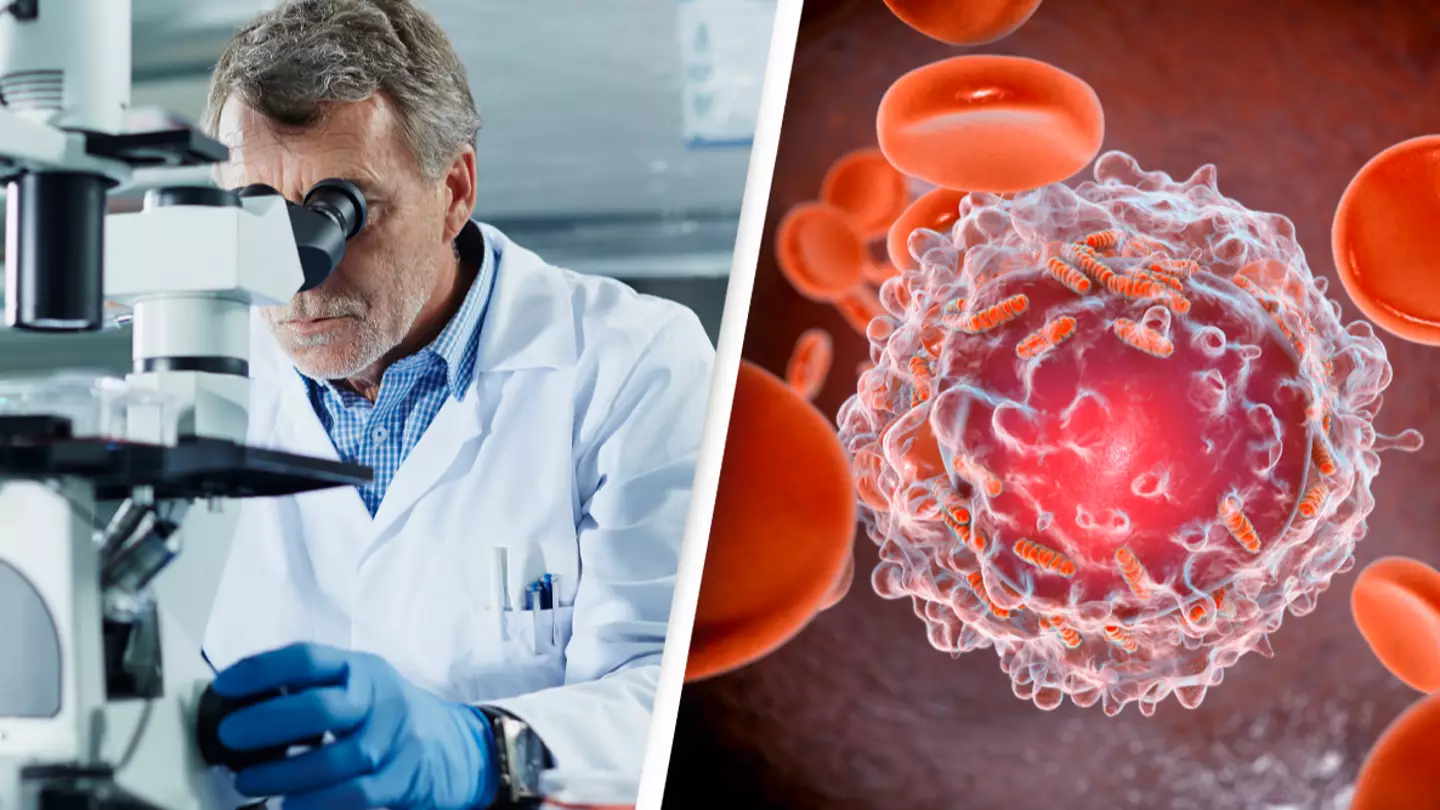
A research team in California have had a breakthrough in possible cancer treatments as they discover a way to cause cell death.
Scientists from the University of California, Davis (UCD) have found a way to destroy cells by using an essential ‘timer bomb’ on cells that line a tumor's associated blood vessels.
Basically, these vessels control access to the tumor tissue and until they are open, cells hoping to fight the cancer can’t get in.
Advert
With the timer bomb strategy, these doors are detonated as the cells 'death' receptor, called FAS or CD95, is activated.
Their findings were published Oct. 14 in the Nature journal Cell Death & Differentiation, and the scientists involved have heralded it as an important step forward.
“Previous efforts to target this receptor have been unsuccessful. But now that we’ve identified this epitope, there could be a therapeutic path forward to target Fas in tumors,” Tushir-Singh, immunologist and senior author of the study, said.
The antibody that binds to this epitope (a specific part of the death receptor) essentially represents the kill switch for the cell.
Once this immune checkpoint has been blown open, other cancer therapies have a greater chance of being effective and are now able to target the cancer cells.

These targets that are now accessible are often clumped together and hidden within the tumor.
"These are often called cold tumors because immune cells simply cannot penetrate the microenvironments to provide a therapeutic effect," Tushir-Singh added.
"It doesn't matter how well we engineer the immune receptor activating antibodies and T cells if they cannot get close to the tumor cells. Hence, we need to create spaces so T cells can infiltrate."
UCD have said despite this breakthrough, cancer treatment will likely continue to be managed with surgery, chemotherapy and radiotherapy.

“These treatments may work initially, but in some cases, therapy-resistant cancers often return. Immunotherapies, such as CAR T-cell-based immune therapies and immune checkpoint receptor molecule activating antibodies, have shown tremendous promise to break this cycle,” the University said in a statement.
Currently they only help an extremely small number of patients. This is especially true of people suffering with solid tumors such as ovarian, triple-negative breast cancer, lung and pancreas.
“Developing drugs that boost death receptor activity could provide an important weapon against tumors," the university added.
"However, though drug companies have had some success targeting the Death Receptor-5, no Fas agonists have made it into clinical trials. These findings could potentially change that."